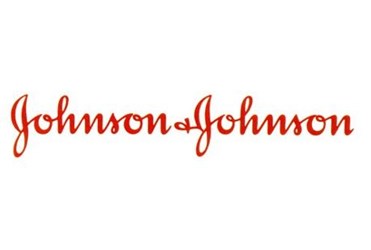J&J Wins First Trial Over Pinnacle Hip Implants
By Jof Enriquez,
Follow me on Twitter @jofenriq

Jurors in a Texas federal court cleared Johnson & Johnson of liability over claims by a Montana woman that her Pinnacle metal-on-metal hip implants were defective. She alleged that the company failed to warn patients and doctors of risks associated with the devices, which ultimately led to her injuries.
J&J lauded the favorable verdict and said that the implants were thoroughly tested for safety before putting them on the market.
“The evidence showed that ULTAMET Metal-on-Metal was designed to meet the needs of patients and is backed by clinical data showing a track record of safety and effectiveness in reducing pain and restoring mobility for patients suffering from chronic hip pain,” Mindy Tinsley, spokesperson for the J&J’s DePuy orthopedics unit, told Bloomberg.
Plaintiff Kathleen Herlihy-Paoli had alleged that her two artificial hips implanted in 2009 had to be removed in 2011 because the devices had caused tissue damage and blood poisoning as evidenced by alarmingly high levels of cobalt and chromium in lab tests.
But, after three days of deliberations, the jury ruled in favor of J&J and denied Herlihy-Paoli the more than $1.5 million in damages that she was seeking as compensation, according to Bloomberg.
DePuy’s lawyers had argued that improper implantation by surgeons, and not the devices themselves, were to blame for the plaintiff’s injuries, Reuters added. DePuy also contended that the plaintiff “unfairly targeted DePuy for problems linked to different metal-on-metal hips, such as the company’s ASR devices,” for which J&J had settled over 7,000 claims and paid $2.5 billion in 2013. The company recalled ASR hip implants in 2010.
The case is the first of more than 6,600 cases involving J&J’s Pinnacle line of hip implants, which the company stopped selling last year. Most of the cases are consolidated under multidistrict litigation before U.S. District Judge Ed Kinkeade in Dallas. The outcome of this case could swing the momentum to J&J in the outcome of the other cases, and could make it tougher for plaintiffs to forge a settlement similar to that of the ASR claims.
“It’s going to take a deep breath for plaintiffs’ lawyers to pull together the money and the will for the next round,” George Conk, an adjunct professor at Fordham University School of Law, told Law360. “There’s always a question of how many rounds you can withstand, though there are a lot of those cases. You don’t get into it unless you’re prepared for more than one round, but I would be really surprised if there would be any serious settlement discussions until there’s a real plaintiffs’ win in a subsequent bellwether trial.”
Plaintiff counsel Mark Lanier described the case as "the first skirmish in what is likely to be a long war," according to Reuters. "We still plan to press on with fierce dedication to clients we believe have been tragically wronged."
